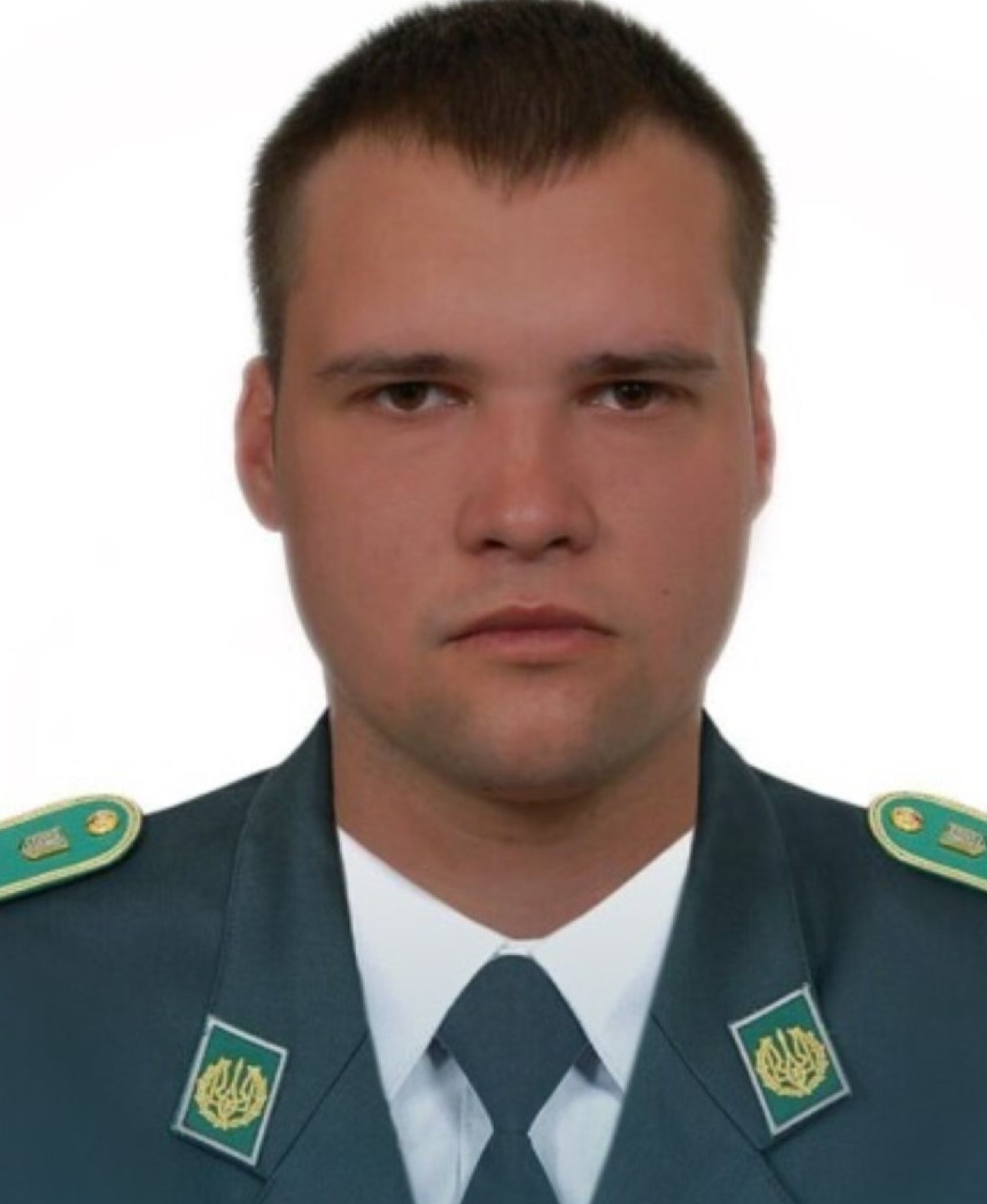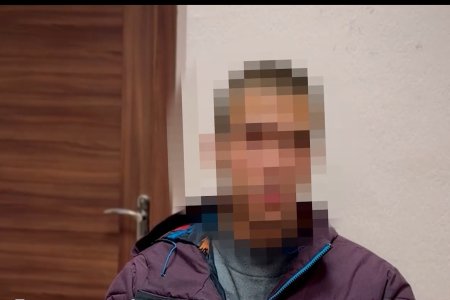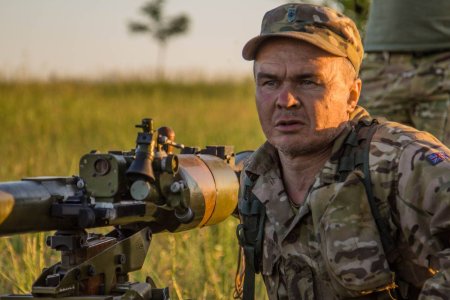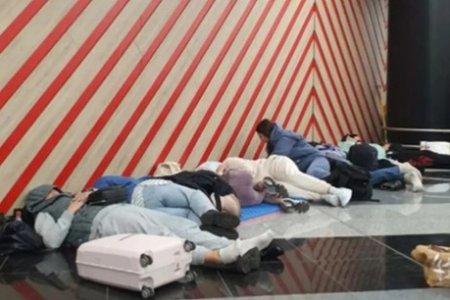
On 3 April, it will be two years since Dmytro Lisovets was seized by the Russians while fleeing the carnage and destruction that Russia was inflicting on his native Mariupol. He was held, and tortured, without any formal status or charges for several months before Russia came up with surreal accusations. These were based solely on the young Ukrainian’s defence of his country, first as part of a volunteer unit From August 2016 – January 2017, and later, from the beginning of 2020 to June 2021 as part of the Ukrainian Armed Forces. The Memorial Support for Political Prisoners Project has declared Lisovets a political prisoner and provided a scathing assessment of the charges and 16-year sentence passed by the notorious Southern District Military Court in Rostov.
By the time, Russia gained control of Mariupol (in Donetsk oblast) in May 2022, it had destroyed or badly damaged around 90% of the city’s infrastructure. Although bombing and shelling civilian targets on a daily basis, Russia was preventing residents from fleeing the city to government-controlled Ukraine. It was under those conditions that on 3 April 2022, Lisovets (b. 5 July 1992) and his aunt boarded one of Russian buses ‘evacuating’ Ukrainians to the aggressor state’s territory. Lisovets was hoping to cross from Russia into a European country and to eventually get his parents out of Mariupol as well.
Russia had also created an effective information vacuum and it seems likely that Lisovets had not understood the danger he would face during Russia’s illegal ‘filtration’ procedure when Ukrainian men were subjected to gruelling interrogation, strip searches, etc. to hunt down those considered ‘too’ pro-Ukrainian. According to Grigory Kreshchenetsky, a lawyer, later able to speak to Lisovets, the latter stated clearly that he was a patriot of his country, Ukraine, and told the Russians interrogating him about his service, both in the Ukrainian Volunteer Army in 2016-17, and in the Ukrainian Armed Forces in 2021-21. The Ukrainian Volunteer Army [UVA] was created by Dmytro Yarosh, the former leader of ‘Right Sector’, a nationalist movement that Russia had demonized from the beginning of 2014 and had ‘banned’ in November 2014. Lisovets explained to Kreshchenetsky that he had joined the UVA in order to defend Mariupol. Russia had failed to take the city in 2014, but it remained dangerously close to Russia’s proxy ‘Donetsk people’s republic’ [‘DPR’] Lisovets had not taken part in any combat, and his role had been to patrol the ‘border’ with ‘DPR’.
Lisovets has been held captive ever since, although formally he was merely arrested for five days for supposedly ‘disobeying a law enforcement officer’. After this, the Russians illegally took him to a particularly notorious SIZO in Taganrog (Rostov oblast) where he was held incommunicado and tortured for several months. The Russians were trying to get the young man to say that he had taken part in military action. The Ukrainians held in this SIZO were all treated brutally and forced, regardless of their condition to stand in the middle of the cell from morning to night.
It was only on 15 June 2022 that the Russians officially presented Lisovets with three charges. He was accused of:
- ‘participation in the activities of an armed formation not envisaged by the legislation of a foreign state for purposes which are against the interests of the Russian Federation”, under Article 208 § 2 of Russia’s criminal code;
- ‘participation in the activities of an extremist organization’ [Article 282.2 § 2]
and ‘taking part in training for the purpose of carrying out terrorist activities’ [Article 205.3].
Even after ignoring the fact that Russia took a Ukrainian citizen prisoner and then ‘prosecuted’ him for actions on Ukrainian territory, the charges are absurd. As Memorial noted, the claim that the Ukrainian Volunteer Army constitutes ‘an armed formation not envisaged by the legislation of a foreign state’ bears no scrutiny. Although UVA was not formally a part of the Ukrainian Armed Forces, it was most certainly not illegal, and closely cooperated with the Armed Forces.
“In any case, questions linked to the legal status of UVA on Ukrainian territory are a purely internal matter of that state and are not the subject of legal regulation under Russian legislation.”
Memorial also disputes the claim that UVA pursued aims contrary to the interests of the Russian Federation. It is Russia’s military aggression against Ukraine, first unleashed in 2014, then seen in its full-scale invasion of Ukraine, that are in violation of international law and counter to Russia’s interests.
Lawyer Kreshchenetsky also points out that Article 208 specifically states that a person does not bear criminal liability if he voluntarily left the supposedly ‘illegal formation’ and admitted to such membership. Both of these requirements were certainly fulfilled, but ignored.
The second charge, regarding a so-called ‘extremist organization’, is equally invalid. The prosecution has tried to link UVA, created by Dmytro Yarosh at the end of 2015, after he broke with Right Sector, with the latter. Even if Russia had any right to prosecute Lisovets for his activities on Ukrainian territory, which it clearly does not, it has no grounds for trying to link UVA with Right Sector. Nor indeed, as Memorial explains in detail, were there any legitimate grounds for the ruling on 17 November 2014 that labelled Right Sector an ‘extremist organization’.
Lisovets has himself stated clearly that his role in UVA was only to patrol the border with the so-called ‘Donetsk people’s republic’. The prosecution’s claim that he was involved in military action against fighters from this proxy Russian ‘republic’ is based solely on the ‘testimony’ of an ‘anonymous witness’. Russia’s widespread use of such ‘secret witnesses’ has led to at least one ruling against Russia in the European Court of Human Rights and its use of such ‘witnesses’ against Crimean Tatar and other Ukrainian political prisoners was condemned by the UN’s Prosecutor General. Memorial notes in addition that such widespread use is not backed by norms in Article 278 of Russia’s criminal procedure code.
These are only some of a list of compelling grounds for totally rejecting all of the charges that Russia has used for its ‘trial’ of Dmytro Lisovets.
His ‘trial’ was, however, held at the Southern District Military Court in Rostov which has been churning out politically motivated sentences against Crimean Tatar and other Ukrainian political prisoners since 2014. Although Lisovets clearly disputed the charges and will probably have lodged an appeal, on 7 December 2023, presiding ‘judge’ Denis Aleksandrovich Galkin, together with two colleagues, sentenced the Ukrainian to 16 years’ maximum security imprisonment, with the first three years of these in a prison, the harshest of Russia’s penal institutions.



